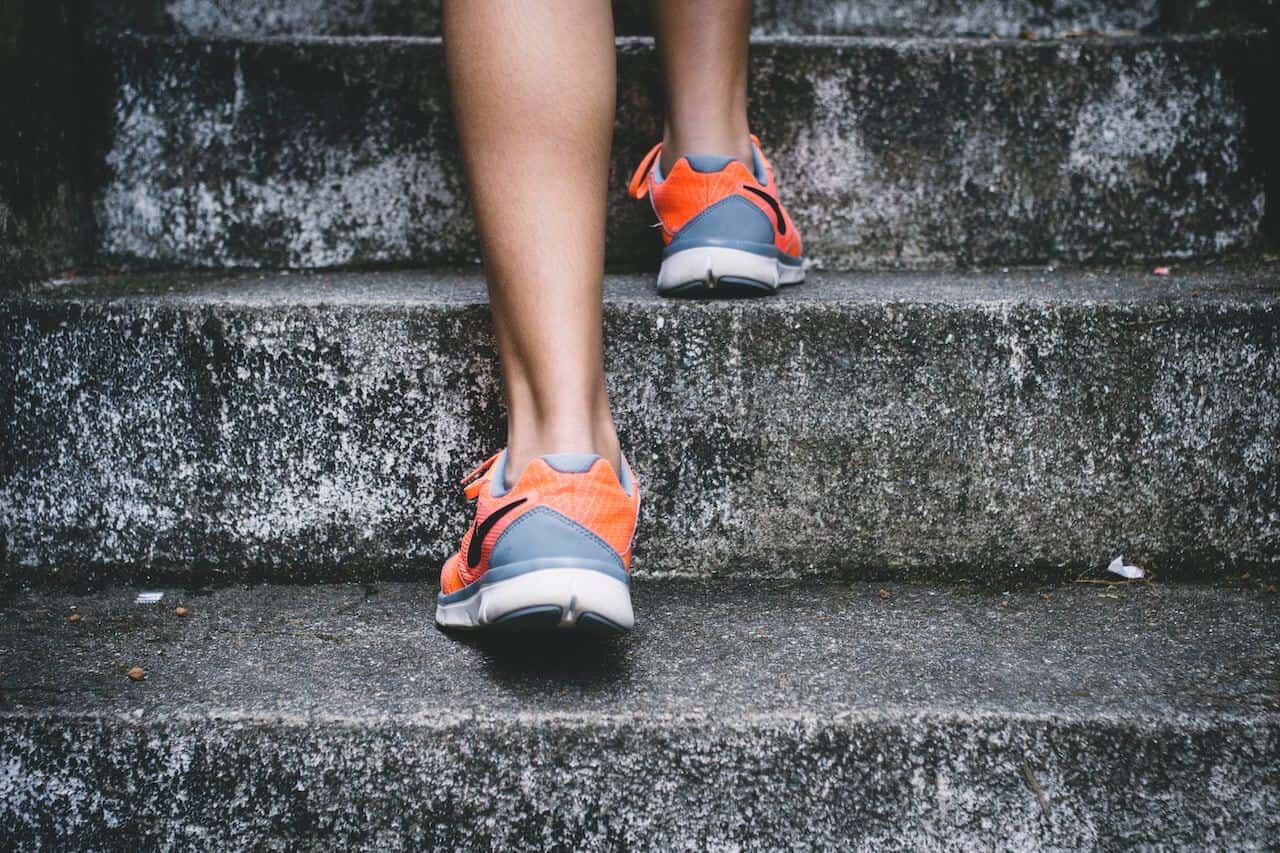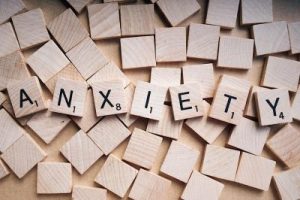And if they prescribed a pill or two, the chances are that we’d follow the advice we were given and take them.
Yet when we aren’t feeling right because of our mood or something that’s impacting our feelings or mental health, we seem to ignore the frequent advice that exercise can be extremely beneficial. But our body and mind aren’t separate the exercise we take and the food we eat have a profound impact on how we are feeling.
Increasing your activity levels can bring significant benefits
When we say ‘increased activity’ or ‘exercise’ we aren’t necessarily talking hitting the gym or signing up for the next 10k run. There’s nothing wrong with that, but you should find something that works for you. It’s a fact that getting even a moderate amount of exercise and getting your heart rate up a few times a week can be extremely beneficial for the mind.
There are numerous benefits for our mental wellbeing that come with moderate levels of exercise, here are just a few:
Reducing the risk of depression and anxiety
Studies have shown that regular physical activity can reduce the likelihood of the onset of a period of depression. Exercise is powerful enough to be considered an alternative treatment for mild depression, although there are also well-documented benefits of using it in conjunction with psychological therapies and/or medicine.
Improving the quality of sleep
Using up a little more energy during the day will probably help us sleep a little better at the end of the day. You’ll also likely feel more rested, from having done something positive and fulfilling. Studies show increased levels of activity to be beneficial for stress, and a reduction in the levels of stress hormones that accompany the ‘fight or flight’ response can have a beneficial impact on sleep.
Self-esteem, self-control & the ability to rise to a challenge
You probably don’t need convincing that when you take on a challenge or find yourself successfully adopting a new regime or forming new habits, it has a positive effect. Most of us have experienced that one or another in the past. You’ll be surprised how good you’ll feel if you get moving in a way that you enjoy. You’ll likely start feeling better about yourself as you grow into the exercise you are doing.
Its a great coping mechanism
Exercise can be extremely distracting – in a positive way. Those that exercise will likely tell you that it helps them cope with their mental health because it provides a great distraction from everyday life. It’s also a very mindful activity, particularly if we manage to tune into our breathing, or how our body feels. You can practice mindfulness whilst running or walking, try focusing on how your feet feel when they hit the road or pavement, or check in with how each part of your body is feeling.
Connecting with people
You might be the sort of person that is looking for the benefits of meeting other people. The great thing about activity and exercise is that there are so many ways to do it with other people, in teams or groups of like-minded people. Just meeting other people through a joint experience, can do wonders for how we are feeling, especially when we’ve been experiencing loneliness or isolation. Many clubs offer ways for people to start from scratch, so why not try something new, improve your mental health and learn as you go. And if exercising alone is the right thing for you, then that’s all good too.
Don’t feel too bad if you have periods when you can’t do the exercise
Getting out and doing physical activity regularly isn’t always easy to achieve. So give yourself a break if you suddenly become busy, are ill or simply don’t feel like exercising. You’ve earned the break. No need to feel guilty, just get back to it when you can. And most of all make sure you enjoy it.
Maria Luedeke at Aspire Counselling, Singapore is a qualified Counsellor who works with people wanting to improve their mental health. Maria can work with couples face to face or using secure video counselling.
Photo by Bruno Nascimento on Unsplash





